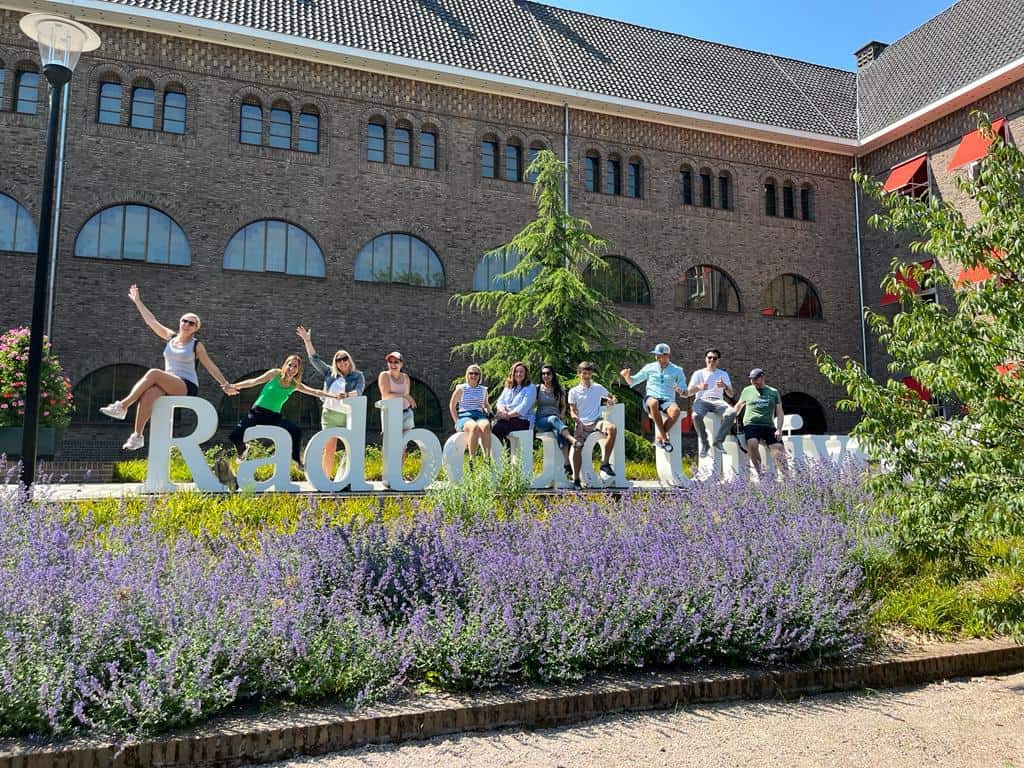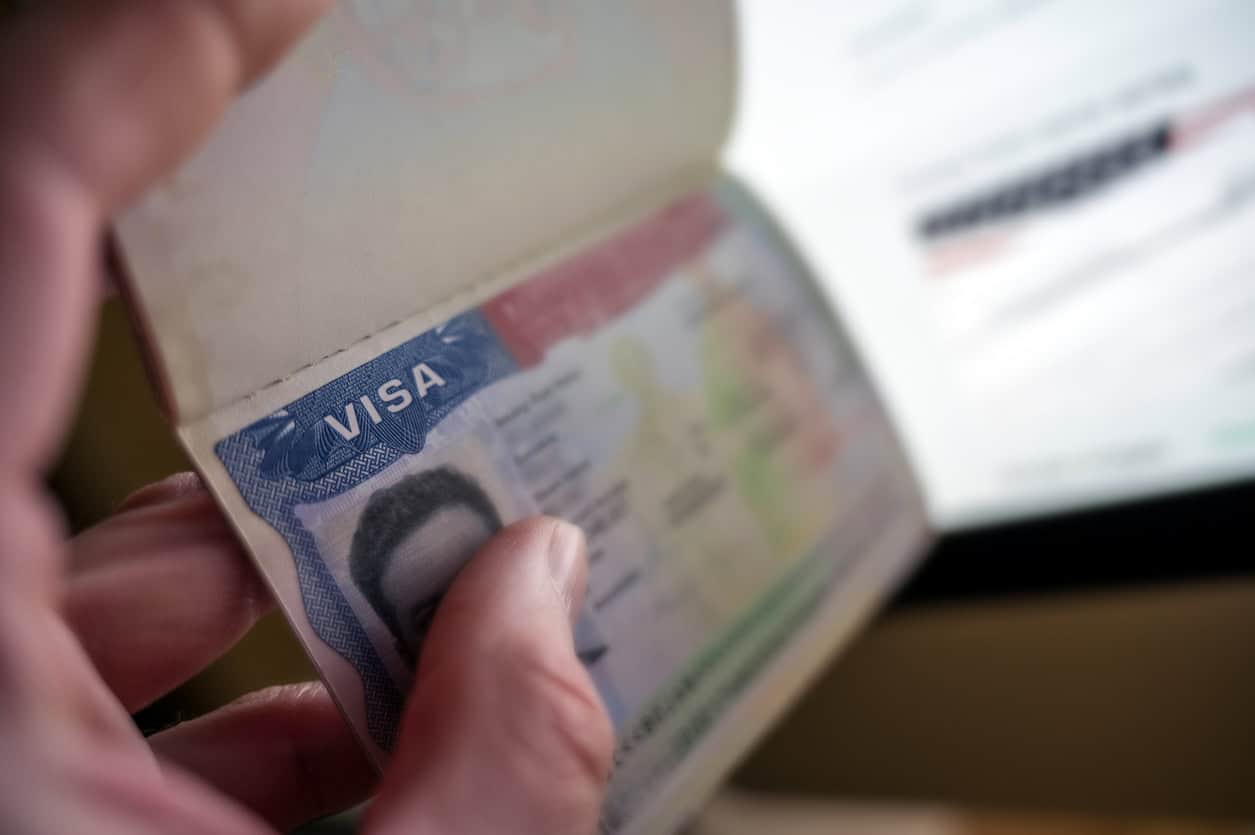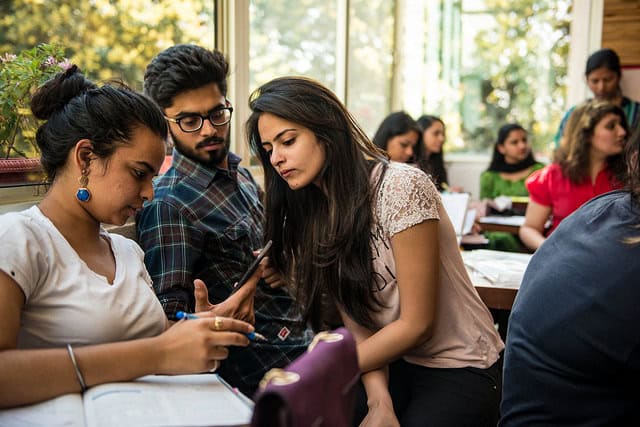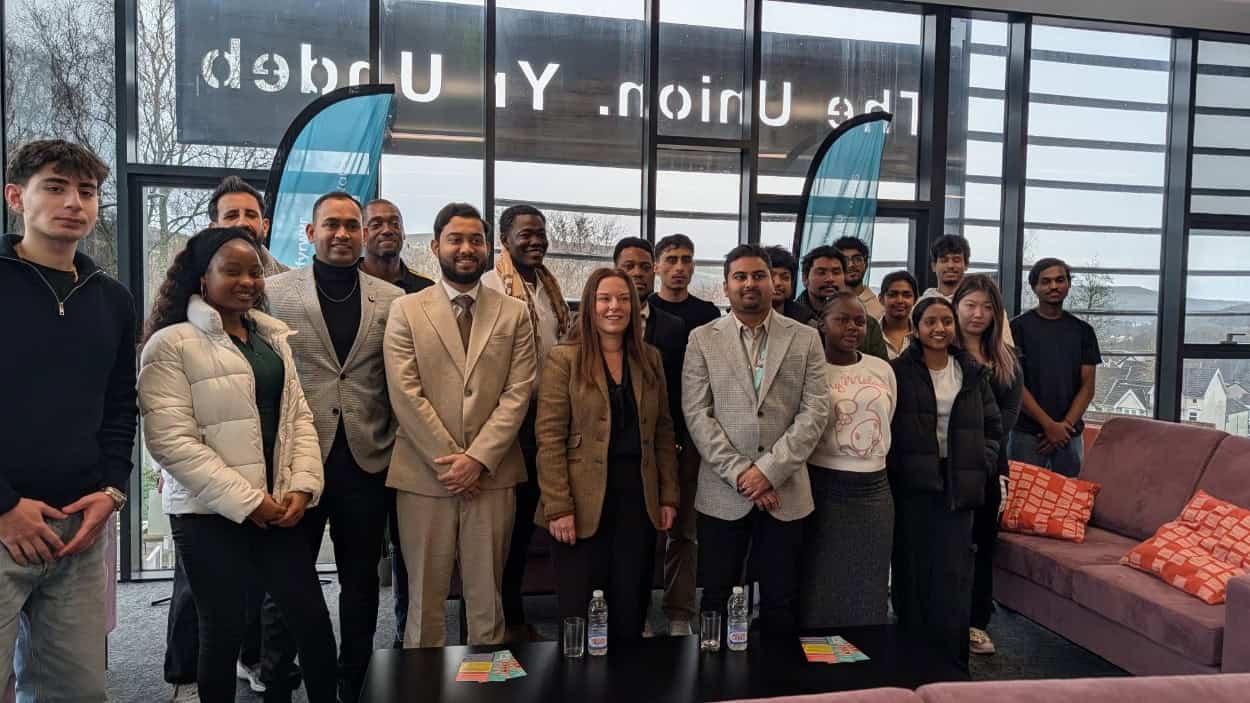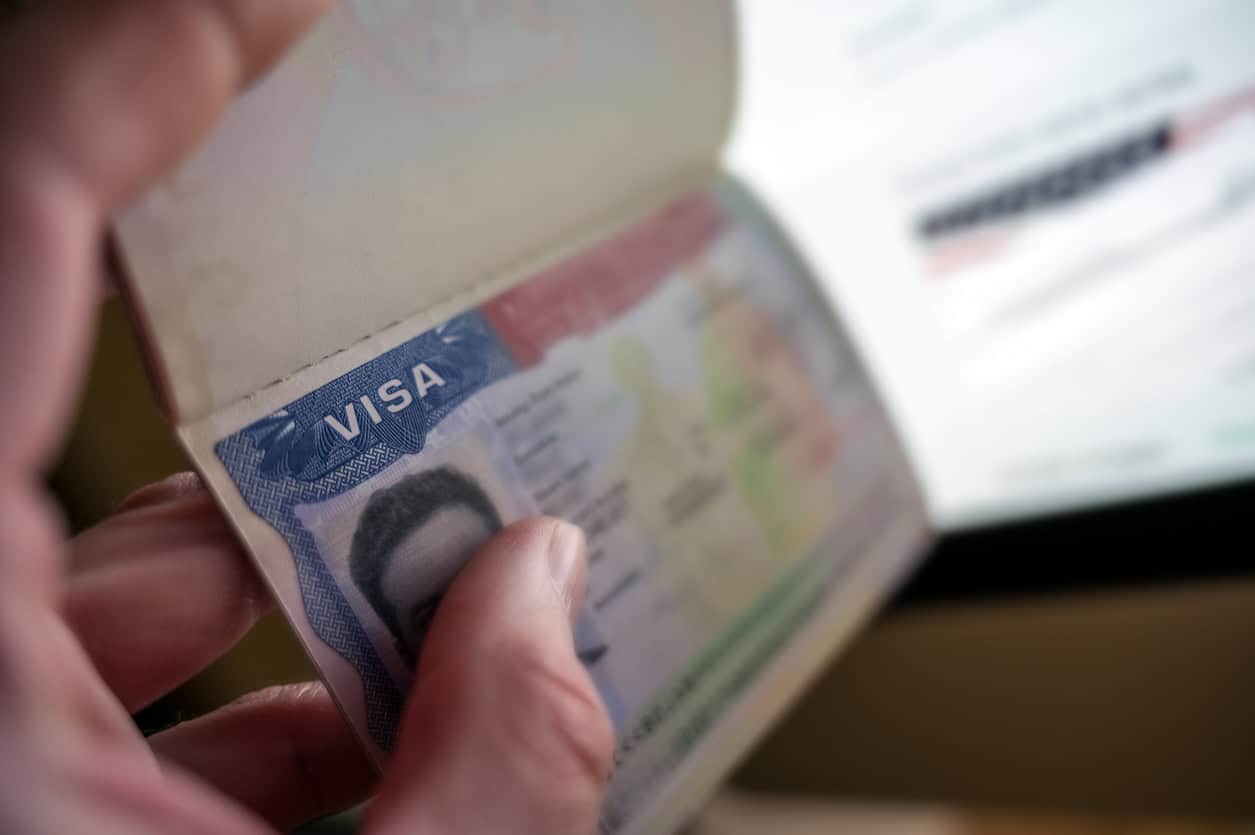From China’s TNE reforms, to Japan’s internationalisation push, East Asia is in the midst of a drive to attract more international students. Meanwhile, Southeast Asian countries are deepening higher education links with the UK and Australia while seeking to attract international students themselves.
Here’s The PIE’s pick of the biggest international education stories of the region from the year that’s just gone.
1. Universities across ASEAN join forces to strengthen HE collaboration and partnerships
At the ASEAN Universities Exhibition and Forum 2025, which brought together universities from across Southeast Asia, more than 10 collaborations were signed between ASEAN institutions, highlighting growing regional cooperation in higher education. The forum also emphasised a collective commitment to strengthening Asia’s position as a “rising contender” to the traditional big four study destinations.
Key announcements included the soft launch of the ASEAN Global Exchange for Mobility & Scholarship (ASEAN GEMS) platform and the launch of the ASEAN Student Mobility Program in collaboration with Universiti Utara Malaysia and 13 Malaysian universities, with transnational education being underscored as a “key pillar” of the region’s higher education future.
2. East Asian countries view internationalisation as key to sustaining regional economic growth
In 2025, most East Asian countries were clear that international students and intra-regional mobility are key to sustaining strong economic growth. The “Asian tigers” — Hong Kong, South Korea, Taiwan and Singapore — have been central to this shift, with places like Hong Kong actively diversifying their student body to include learners from India, Nigeria, Indonesia, Saudi Arabia, Afghanistan and other emerging markets.
While enrolments from East Asia to UK universities remain steady, rising price sensitivity and expanding regional options are reshaping student flows. At the same time, uneven wage growth across East Asia has coincided with student mobility within the region growing faster between 2013 and 2020 than mobility to major English-speaking destinations.
3. Malaysia’s rise as Asia’s “belle of the ball” for international students
The Southeast Asian country has seen a 26% rise in international applications over the past two years and has set a target of hosting 250,000 international students by 2030.
With the majority of applications coming from China, India, Indonesia, Bangladesh and Pakistan, the Malaysian government announced plans last year to introduce a centralised system aimed at streamlining international student admissions, alongside collaboration with source countries to ensure a “smooth and secure” process.
Moreover, Malaysia is seeking to grow recruitment from Central Asia and Africa, though the planned introduction of a 6% service tax on private education services for non-Malaysian students has raised concerns about the destination’s long-term attractiveness.
4. Chinese student demand softens for the Big Four, especially the US
A July 2025 webinar confirmed what many had long suspected: China is no longer the “easy goldmine” it once was. Chinese students are increasingly opting for alternatives closer to home, with countries like the US and Canada seeing notable declines in Chinese enrolments, while destinations such as the UK, Australia and New Zealand have shown opposite trends.
This shift comes as China issued warnings to its student nationals in April last year to exercise caution when planning to study in certain US states following the passage of Ohio’s higher education bill, which restricts Chinese partnerships.
At the same time, the Trump administration pledged to “aggressively revoke” visas for Chinese students with links to the Chinese Communist Party or those studying in “critical fields”, although the President has since defended Chinese students as an important part of the US higher education system on separate occasions.
5. China aims to expand TNE enrolments from 800,000 to eight million within a decade
In 2025, China’s education ministry announced a series of updates to its TNE policy during a briefing for international diplomatic missions, as part of efforts to scale up TNE enrolments nationwide.
The revised framework eases several restrictions, including removing the 1,200-student enrolment cap previously applied to joint education institutes and programmes. It also expands flexibility beyond the traditional 4+0 model to include 3+1 and other blended formats that allow students to spend part of their studies overseas, while enabling institutions to submit multiple applications within a single approval cycle.
Against this backdrop, a Universities Australia delegation led by chair Carolyn Evans and supported by CEO Luke Sheehy visited Shenzhen and Beijing in October 2025 to renew partnerships in education, research and innovation, with the aim of deepening cooperation in areas critical to both countries, including clean energy, advanced manufacturing, health and technology.
6. Japan moves to increase international students and researchers
Japan’s Ministry of Education (MEXT) is planning to raise enrolment caps at select institutions to boost international student numbers.
Under the proposals, some universities, junior colleges and technical colleges would be allowed to exceed their enrolment limits by up to 5% from the next academic year, starting in April 2026. The move forms part of the government’s push to meet its target of attracting 400,000 international students by 2033.
In parallel, Japan has launched a new program aimed at attracting overseas researchers to 11 institutions as it seeks to position itself as a world-class research hub. Led by MEXT, the initiative will see ¥3.3bn allocated across the universities to support researchers over the next three years.
7. South Korea hits 300k international student goal two years ahead of schedule
International student enrolments in South Korea surpassed 300,000 for the first time in August 2025, according to government immigration data, with more than a third of students coming from Vietnam. Chinese students made up 28% of the total, followed by smaller cohorts from Uzbekistan, Mongolia and Nepal.
The growth has been driven largely by government policy, particularly the launch of the “Study Korea 300K” initiative in 2023, which aimed to reach the target by 2027.
Measures under the strategy included easing financial requirements for D-2 student visas, expanding permitted working hours during study, extending post-study job-seeking periods, and stepping up recruitment in Southeast and Central Asia. Universities were also given greater flexibility to introduce English-taught programmes and strengthen student support.
However, challenges remain, with experts pointing to a lack of clear pathways linking international students to employers. Students and the labour market remain largely disconnected, even as around 90% of international students hope to stay and work in South Korea after graduation.
8. China rolls out K visa in bid to attract international talent
Effective since October 1, the K visa is open to international youths with undergraduate or STEM degrees from leading domestic and global research institutions, as well as early-career professionals engaged in education and research in STEM fields.
The visa is designed to offer greater convenience through multiple entries, longer validity, and extended stay durations, while also facilitating exchanges and collaboration across education, science, technology, culture, business, and entrepreneurship, with applications assessed based on age, education, and work experience rather than requiring sponsorship from a local enterprise.
The move comes amid declining interest in pursuing artificial intelligence degrees in the US, alongside growing interest in studying AI in China. The K visa is being seen as a significant step in China’s efforts to attract young international science and technology talent and challenge US technological leadership.
9. Monash opens second Malaysia campus amid Australia’s Southeast Asia push
Monash University Malaysia will partner with TRX City, developer of Kuala Lumpur’s Tun Razak Exchange, to deliver its RM2.8 billion (USD $1bn) investment in a new campus aimed at deepening engagement in the ASEAN region.
Scheduled to open in 2032, the campus will eventually accommodate 22,500 students and 1,700 staff, featuring cutting-edge research centres in energy transition, health, AI, and data science.
The move aligns with Invested: Australia’s Southeast Asia Economic Strategy to 2040, which seeks to strengthen ties between Australia and Southeast Asia across education, agriculture, and resources.
10. TOEIC cheating in Japan raises questions about paper-based test delivery
Japan cancelled 803 TOEIC scores following a student’s arrest for cheating, prompting a review of tests taken since May 2023.
The testing company said maintaining the integrity and fairness of its assessments is a top priority, with security measures described as “multilayered” and “regionally adaptive”.
11. China and Japan warn students about safety in each other’s countries
Last year, China and Japan issued safety warnings for students amid rising diplomatic tensions. China’s Ministry of Education cited “social unrest” and increasing crimes against Chinese nationals in Japan, while Japan advised its citizens in China, particularly students, to exercise extra caution and said it was working to ensure their safety.
The warnings followed Japanese PM Sanae Takaichi’s statement that any Chinese military action against Taiwan could threaten Japan’s survival, prompting Beijing to call the remarks “brazenly provocative”.
With over 123,000 Chinese students in Japan and more than 10,000 Japanese students in China as of May 2024, both countries are now expected to see a decline in student enrolments.
12. First UK-Australia university campus opens in Indonesia
The Deakin Lancaster Indonesia University (DLI) campus, first announced in January 2024, officially opened in Bandung, West Java, on February 26, 2025.
The campus represents the first UK-Australian transnational education (TNE) partnership in Indonesia, allowing students to complete dual undergraduate degrees from Deakin University and Lancaster University without leaving the country.
13. Vietnam’s growing international education strategy and UK partnership gain traction
Vietnam aims to increase international students from 0.5% to 1.5% of enrolments and improve the global standing of its universities, targeting top-500 positions worldwide and top-200 in Asia. The government’s 2030 strategy focuses on advancing education, science, research, and innovation, with a vision extending to 2045.
Separately, Vietnam is opening its doors to UK institutions to establish branches and expand operations, as the country positions itself as an emerging hub for international education.







